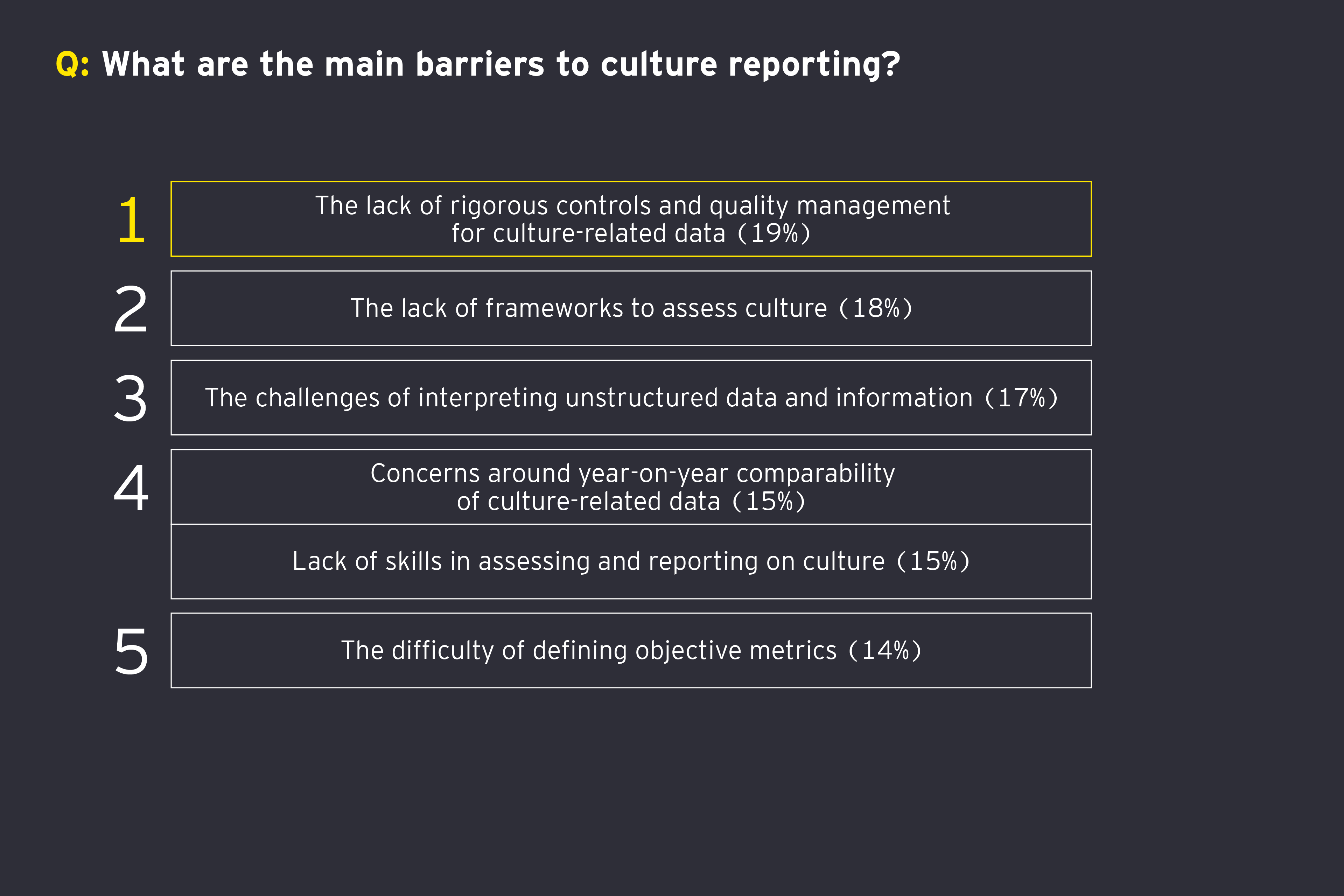One practical way in which companies can help to push through this culture change is by deploying advanced data gathering and analysis technologies. In particular, robotic process automation (RPA) allows time-consuming tasks such as data gathering to be completed more efficiently, while artificial intelligence (AI) gives a new depth of insight to reporting.
But the survey results suggest that these technologies are only slowly gaining traction in the finance function. Only 30% of the financial controllers surveyed say they have a scaled solution for automating data collection for corporate reporting, and fewer than that have deployed AI for tasks where it might typically prove valuable.
A further issue is the need to assess the data outputs from these technologies to ensure they are credible and trusted. For example, 60% of group CFOs surveyed say the quality of the data produced by AI cannot be trusted in the same way as data from their usual finance systems; 66% say the global regulatory environment has not yet caught up with developments in AI; and 75% say that governance, controls and ethical frameworks for AI still need to be developed and refined.
To address these concerns, and to build trust into AI systems, the report suggests four questions for finance leaders to ask themselves:
1. Do you know where AI technologies are being applied within the organization, particularly in terms of nonfinancial data or information that makes its way into corporate reporting?
2. Do you have a talent strategy for recruiting and retaining people with the necessary skillsets to manage and staff AI-related projects, including issues of trust and ethics?
3. Have you assessed how the adoption of AI impacts the integrity of the finance function and its disclosures, both financial and nonfinancial?
4. Does the finance team have appropriate structures in place to manage ethical issues and understand how to address any algorithmic biases?
Culture reporting: the way forward
The report recommends three actions organizations should take to drive the critical role of culture in corporate reporting:
1. Put in place a robust approach to culture reporting
Four steps are critical. First, understand the overall scope by looking at a range of culture-related risks and mapping the beliefs of your people. Second, identify the behaviors, values and beliefs your people are observing to establish current and desired cultural attributes, and assess cultural norms and nuances. Third, assess how those behaviors, values and beliefs affect your organization’s performance. Finally, identify metrics and dashboards, using the results and insights to inform leadership action and form the basis of reporting.
2. Change the talent mix to drive finance culture change and overcome resistance
The culture of finance functions is likely to have become ingrained over many years. To overcome resistance to change, and drive sustainable culture change, finance leaders should inject new ideas and fresh impetus into the team. Changing the finance and reporting talent mix may provide an important lever for culture change.
3. Build ethical algorithms and trust into AI
If organizations fail to adopt governance and ethical standards that foster trust in AI, they may not be able to harness the full potential of these technologies in finance and reporting. Organizations should commit to building trust proactively into every facet of the AI system from day one. This trust should extend to the strategic purpose of the system, the integrity of data collection and management, the governance of model training, and the rigor of techniques used to monitor system and algorithmic performance.
Peter Wollmert, EY Global and EY EMEIA Financial Accounting Advisory Leader, concludes: “By embracing the role of culture in corporate reporting, finance leaders can provide the transparency that investors and other stakeholders require, building a new era of trust based on credible, authentic, accountable and open corporate reporting.”


